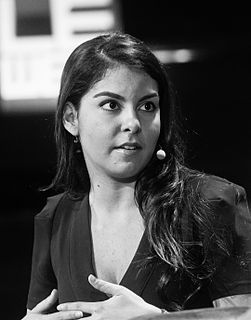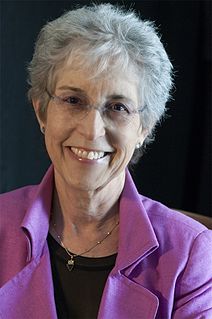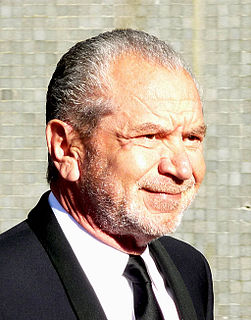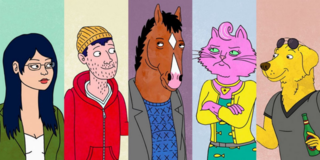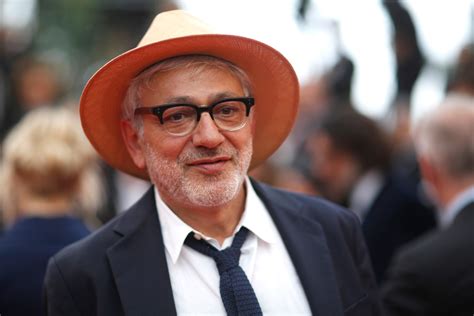A Quote by Caroline Ghosn
As an entrepreneur, the latitude of failure and of success is directly correlated to people. I am growing more and more attentive to my first instincts, even if I can't justify them, as they apply to people.
Related Quotes
Not many people are willing to give failure a second opportunity. They fail once and it is all over. The bitter pill of failure is often more than most people can handle. If you are willing to accept failure and learn from it, if you are willing to consider failure as a blessing in disguise and bounce back, you have got the essential of harnessing one of the most powerful success forces.
The line between failure and success is so fine that we are often on the line and do not know it. How many a person has thrown up his or her hands at a time when a little more effort, a little more patience, would have achieved success. A little more persistence, a little more effort, and what seemed hopeless failure may turn to glorious success.
What works for men does not always work for women, because success and likability are positively correlated for men and negatively correlated for women. That's what the research shows. As a man gets more successful, everyone is rooting for him. As a woman gets more successful, both men and women like her less.
If success were easy, then it would not necessarily be true success. Some of history's most successful people learned to cope with failure as a natural offshoot of the experimental and creative process and often learned more from their failures than their successes. By taking the attitude that failure is merely a detour on the way to our destination, hope can blossom into success.
The more people I meet, the more cultures I start to embrace, the more people I open myself up to - it's a growing process I'm excited about. But it's also a challenge for me, to be at this level and still be able to connect with somebody who's living that everyday life. At first it was something I struggled with, because everything was moving so fast. I didn't know how to digest it. The best thing I did was go back to the city of Compton, to touch the people who I grew up with and tell them the stories of the people I met around the world.
